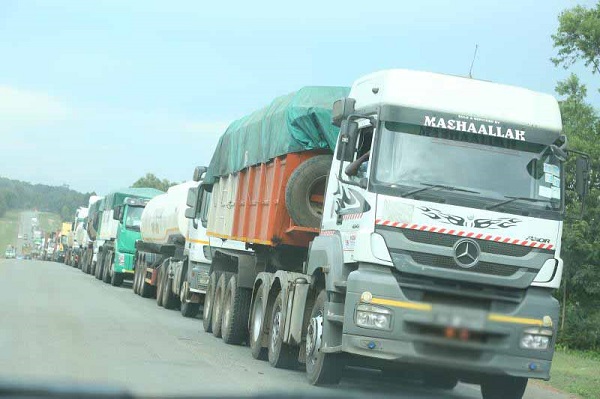| |||||||||
|
|||||||||
|
By:
Macharia Kamau | |||||||||
| Posted:
May,03-2022 00:25:16
| |||||||||
|
The government has banned the importation of second-hand buses and trucks into the country, in a move that could be disruptive for dealers in used vehicles but is a boon for the local auto assembly industry.
The Kenya Bureau of Standards (Kebs) said it would not allow the importation of buses and trucks into the country beginning July 1 this year.
“Kebs wishes to inform all stakeholders and the general public that effective July 1, 2022, all used passenger minibuses, midibuses, large buses, single articulated and bi-articulated business and double-decker buses shall not be allowed for importation into the country,” said Kebs in a statement on Friday, adding that the move comes after the implementation of new standards aimed at increasing safety on Kenyan roads.
“Currently, locally assembled motor vehicles are exempt from excise duty. In order to ensure the same treatment for manufactured passenger motor vehicles, I propose to exempt from excise duty locally manufactured passenger motor vehicles. This is aimed at encouraging investment in this sector and enhancing the competitiveness of locally manufactured passenger motor vehicles."
| |||||||||
|
Source:
The Standard
| |||||||||
|
||||||||||||||||||||||||||||||||||||||||||||||||||||||||||||||||||||||||||||||||||||||||||||||||||||||||||||||
|
||||||||||||||||||||||||||||||||||||||||||||||||||||||||||||||||||||||||||||||||||||||||||||||||||||||||||||||


.jpg)




